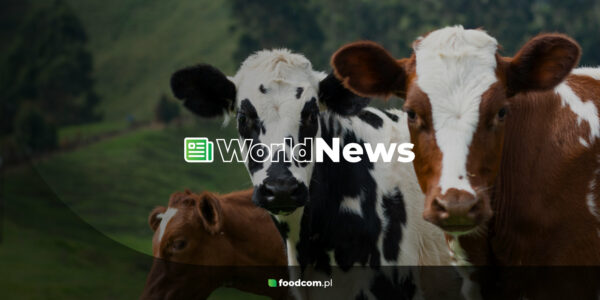- After 20 years of Poland’s membership in the EU, there has been significant development of Polish farms producing milk and dairy products.
- EU funds have allowed farms to modernise significantly and increase production.
- Poland’s membership in the EU has also enabled the development of export sales, both to European countries and worldwide.
EU support has contributed to the development and modernization of the Polish dairy industry
The beginning of May marks 20 years since Poland joined the European Union. This change not only had political and social consequences, but also a strong impact on agriculture and processing. Polish dairy farmers have benefited for years from the support of EU funds, which has enabled them to modernize and automate their farms. Many small family farms with several branches have developed into companies with a strict specialization in milk production. The level of equipment on the farms is increasing and with it the quality of production – the productivity of the cows and the quantity of milk produced are constantly rising. For example, the domestic production of the Podlasie-based company Mlekpol, which has 14 Polish production plants, has increased 2.5 times in the last 20 years – the current annual production of milk for the domestic market is over 2 billion liters!
Development of export sales of milk and dairy products from Poland – thanks to the EU?
The dynamic development has enabled Polish farms not only to increase domestic production, but also to export milk and dairy products abroad. For example, 30% of Mlekpol’s production is exported, whereas this figure was much lower before 2004. The development of export sales is also due to Poland’s accession to the European Union and thus to simplified trade procedures, uniform standards, the elimination of customs procedures and, above all, the increased confidence and recognizability of our country on the world market, where products from EU farms are considered healthy and enjoy great popularity.





![Milk market overview 2026 [Global Report] Milk market overview 2026 [Global Report]](https://foodcom.pl/wp-content/uploads/2024/04/global-report-MILK-min-600x300.png)


